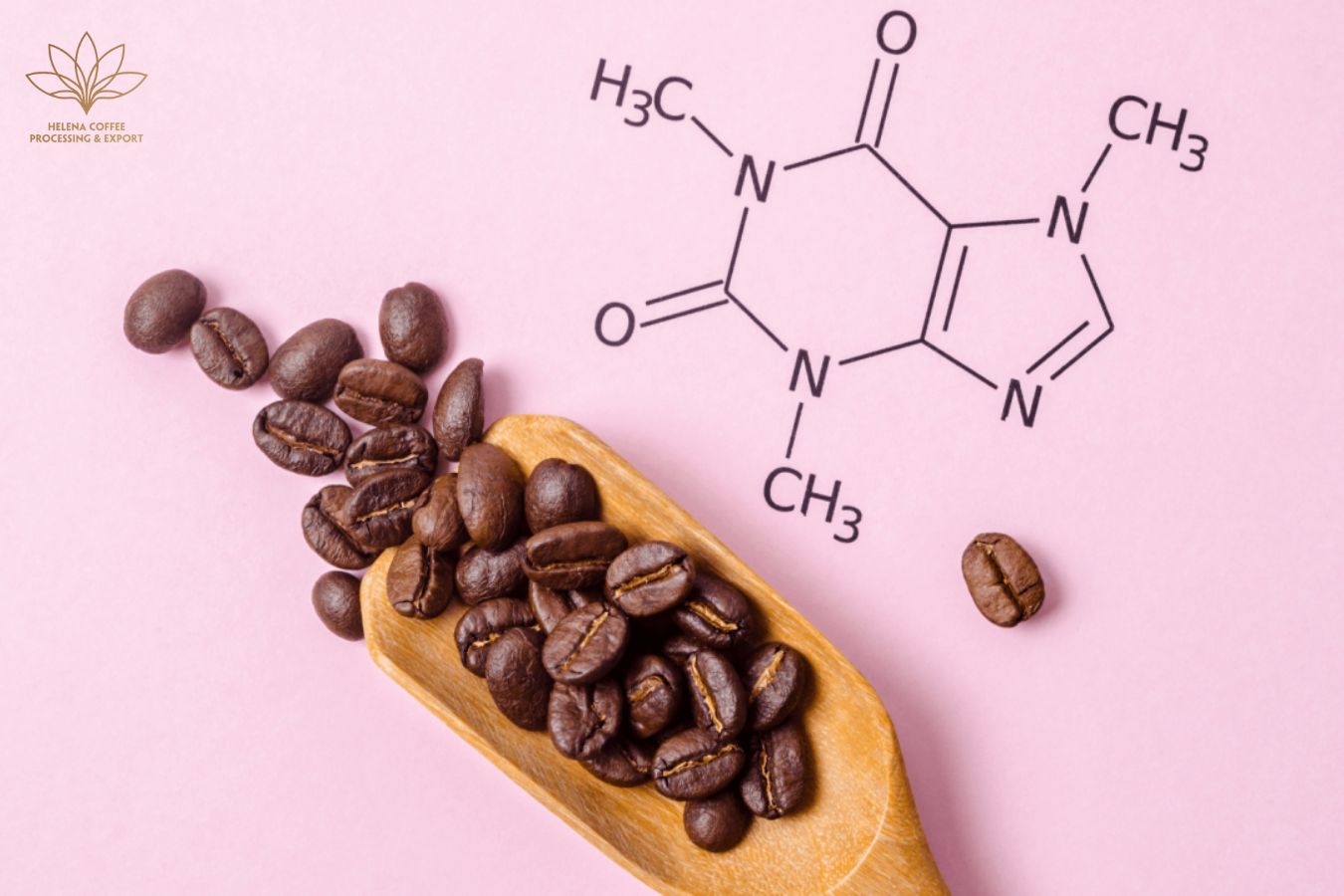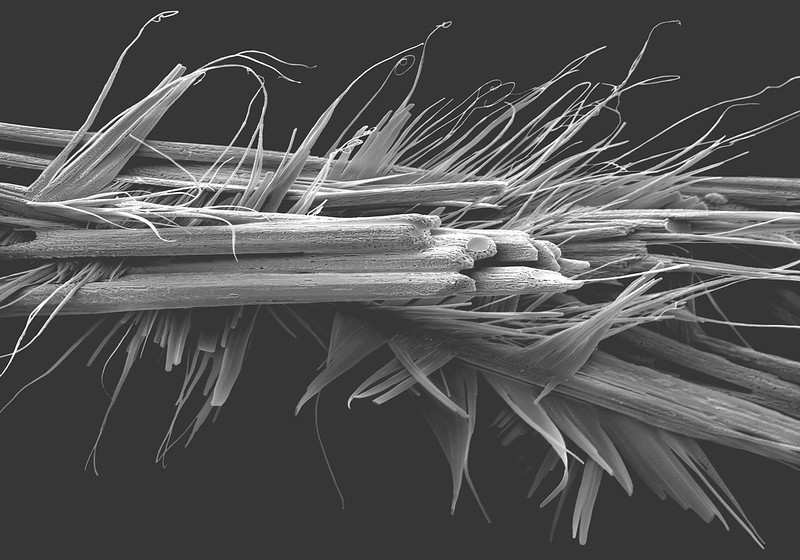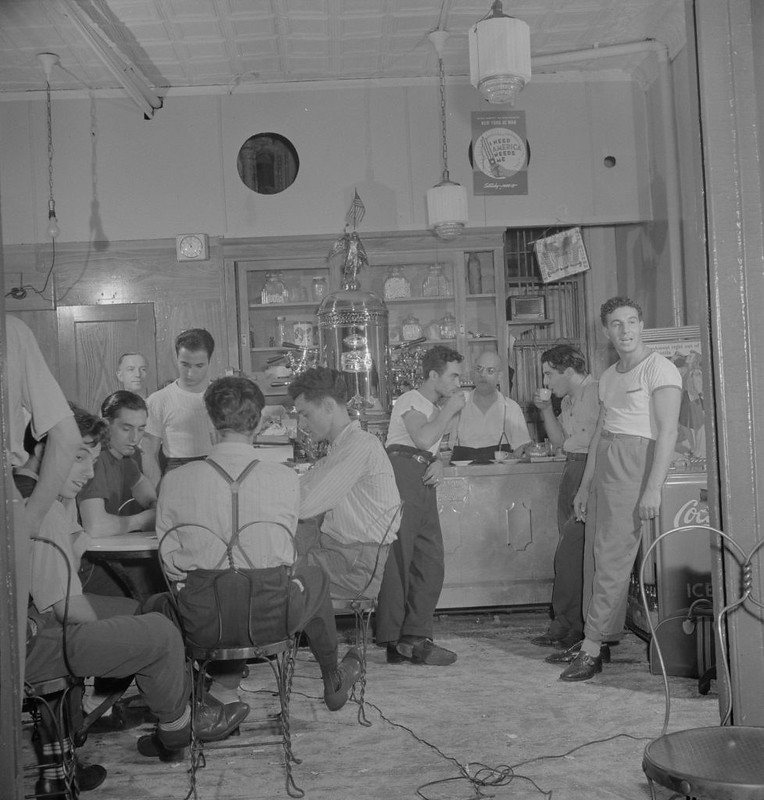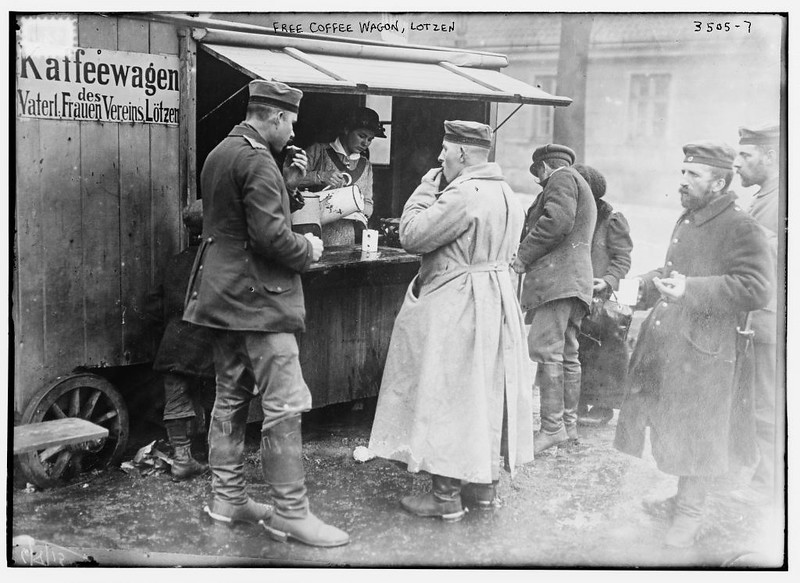

Caffeine is the most widely known stimulant, and coffee beans are its leading delivery system. Today, most of the world’s population, regardless of gender, age or culture, consumes Caffeine daily.
However, in this article, we will not explore the chemical formula, properties, or amount of Caffeine that can be consumed, or argue about its role in the body. The report will address the broader issue and the essential attribute of coffee – the wakefulness caused by Caffeine and its role in human society.
Discovery or Instinct?
Pending human discovery, this drug has been dormant in many environments other than coffee. Nature is like a giant polyhedron, so we are honored to see Caffeine in many disguises.
Plants containing Caffeine are found in all parts of the world. Sudanese in Africa benefit from caffeine from an extract of the kola nut; tribes in South Africa found a shrub called cyclopia and used it as tea.
On the other hand, by roasting Paullinia cupana, Indians in the Amazon region have an alternative source of Caffeine which they call “Guarana.” Brazilians and Paraguayans have long been accustomed to using Caffeine in a drink made from Holly leaves.
It is surprising that around the world, people have discovered this colorless, odorless chemical (although it never exists in the free state). Yet, Caffeine is still recognized without aid of any kind. With the help of science, people have found it by themselves. But at the same time, no other form of Caffeine has had such a decisive influence on civilization as the beverage known as coffee.
Not the Cola acuminata, or the Sudanese cola nut, although it contains more Ccaffeinethan coffee, the attribute that transforms the civilized world comes from Coffea arabica, which originated in Ethiopia. The Arabs are known to be the nation. First inherited the effect from the coffee plant.

The Swiss-Russian expert, Gustav von Bunge, considered the hypothesis that the craving for Caffeine arose because the substance closely resembles a high-nitrogen meaning called xanthin, which is found in small amounts. In all tissues of the body. Thus, in his view, the human craving for Caffeine is a manifestation of an unconscious desire to increase the stores of xanthin produced by the tissues.
Caffeine – Energy for body and mind
It is uncertain whether Caffeine is summoned into the “body’s fortress” as an ally; As soon as it crosses the threshold, it causes euphoria, in the truest sense of the word ‘ joy,’ which is a stimulant that takes a person out of equilibrium with a boost.
When the central nervous system, brain, and spinal cord, are invaded by the stimulant effects of Caffeine, which brings about dilation of blood vessels, Caffeine affects the respiratory center to widen the trachea and bring about gives living organisms the advantage of accelerated gas exchange.
Next, it enhances the work of the heart muscle. The joints of the arms and legs dispel the build-up of paralysis – fatigue products produced by the body itself. Increasing the vitality of skeletal muscle, it promotes intestinal peristalsis and kidney function.
Every cell of the human body, as it were, regenerated upon receiving Caffeine.
- You can see more Caffeine in coffee to better understand the role of this compound in the body.
American physiologist Horatio Wood has studied the effects of Caffeine on circulation and muscles.
With extensive research work, Wood describes boosting muscle energy with Caffeine as follows: “Caffeine acts as a stimulant of the reflex centers of the nervous system. It allows the muscles to contract harder, without the tension afterward.
So the whole muscle work is done by a man who has used a larger amount of Caffeine than he can do by default.”
Wood also concluded: “If muscles consistently perform better in the presence of caffeine, without having to pay for this in any way other than the onset of natural fatigue, we are forced to realize that caffeine not only enhances the strength of muscle contractions but allows the body to function more efficiently with the same expenditure of energy.”
Caffeine Arousing chaos
The heart or joints are not the only places affected by Caffeine, but its most significant impact is on our complex nervous system. A study was supplemented in 1925 by the work of Allers and Freund, who showed that coffee was as much a source of brain energy as muscle.
They found that acquiring knowledge was facilitated through drinking coffee, but on the other hand, the reproduction of previously learned knowledge was also promoted. Rather, this reconstruction is interfered with by many new images and ideas.
Unlike the early 19th century, when the good-and-bad effects of Caffeine were clouded over the role of Caffeine, today we have countless studies backing up the compound’s boosting effects on the immune system. Brain. While Caffeine keeps the fatigue stimulants outside of the brain’s borders, a few other impulses kick in, including neurotransmitters like Dopamine, Glutamate, Serotonin, and the most intense, Adrenaline – the thing that happens the first time you kiss or drive at full speed.
Even though Caffeine is a natural pesticide, and the coffee plant uses it to affect the nervous system of insects, they shouldn’t eat this plant. However, that is what attracts people.
It is difficult to give a more vivid description of the creative and liberal power coffee exerts on the brain. This impulsive, rebellious, anti-conservative influence has made coffee, throughout its history, a harbinger of revolution and chaos.
Thomas Jefferson once called coffee “the favorite drink of the civilized world.” In the words of Mark Pendergrast, author of Uncommon Grounds, “The French Revolution and the American Revolution were planned in cafes.”
It paved the way for the industrial revolution during the Enlightenment while also witnessing an explosion of innovation and new ideas. New forms of government arose,
Building an awakened civilization
However, realistically speaking, the hundreds of thousands of people studied in the twentieth century by Hollingworth, Horatio Wood, and other scientists are very small compared to the millions (since the early modern period), starting Arabica later other parts of the world drank coffee.
The change it causes to humans occurs almost across the entire globe’s surface. The stimulation and transformation of the human brain and muscles caused by coffee changed the perspective of history.

Today, New York City, with its skyscrapers and inseparable swarms, is vastly different from Rome in 1300. There are many reasons for this contrast; But one of the most important is that, since the discovery of coffee, the human workday has theoretically been extended from twelve hours to twenty-four – H.E. Jacob, Coffee – The Epic of a Commodity
The discovery of coffee is in some ways as necessary as the invention of the telephone or the microscope; before these discoveries, we knew very little about the big world or the tiny things.
Believe as for coffee, it has unexpectedly enhanced and modified the functioning of the human brain. For thousands of years, until the discovery of coffee, work always stopped when the worker’s body was tired.
Before discovering this stimulant, jobs requiring extreme precision for long periods without fatigue and sleep were impossible, except for a few people with extraordinary willpower that existed in a century.
It is a magical fact that since the discovery of coffee, many people who are not geniuses have found in their brains a strong submission more likely to genius.
Mathematics, chemistry, physics, medicine,.. this entire group of sciences and its ancillary subjects were, in ancient times, studied and guided only by a limited number of people. Individuals.
Because when human society is influenced by alcohol, people become dull. The alcoholic cult civilization of ancient Greece moved most cultured people to another path.
It is the analytic ideology (as opposed to the synthetic one) that has been a significant feature of civilization since the ushering of the modern era, which derives from the general influence of coffee on the way we think.
Thanks to this effect, today countless people, in a multitude of professions, are engaged in various activities, which in ancient times could only have happened to such outstanding geniuses as Archimedes or the Hero of Alexandria – HE Jacob.
Alcohol for dullness, coffee for Enlightenment
As writer Tom Standage put it, “The impact of the introduction of coffee into Europe in the seventeenth century was particularly remarkable, since the most popular beverages of the time, even for breakfast, were beer and wine.
Coffee offers a new and safe alternative to alcoholic beverages. People who drink coffee instead of alcohol start to be alert and stimulated; instead of relaxing, light, their work quality and productivity are improved. Western Europe began to emerge from a centuries-old alcohol cloud.”

Throughout antiquity and the Middle Ages, alcohol may have given primitive humans a considerable survival advantage, who at first consumed alcohol from wild plants & fermented fruit.
Before we can adequately filter water or prepare food, the risk of ingesting dangerous bacteria is excellent. Alcohol is a natural disinfectant for the digestive system – although it has its risks.
Physiologically speaking, alcohol is essentially an addictive stimulant – Properties similar to coffee, but without any known positive effects among the civilization maintainers of the time. Ancient and medieval.
Alcohol and Caffeine have defined our civilization. Although nature has created both to kill creatures much smaller than us – plants have made Caffeine to fight insects, pests, and ethanol-producing yeast to kill off microorganisms that compete with us.
But unfortunately, humans have become addicted to both of these. While alcohol gave the ‘homo sapiens’ civilization a head start, and it certainly helped drown humanity in sadness for much of history’s poverty, it was Caffeine that gave us Enlightenment and achieved prosperity.
PrimeCoffee displays this warning with some unique articles. The above content has been compiled from many valuable sources and may not be entirely consistent with the general opinion of the industry;
To share or repost, you need to link to the original article from excellent coffee and fully cite relevant sources. PrimeCoffee always respects the intellectual property rights of others and expects others to respect theirs! Thank you for taking
Related posts:
- Ten unexpected uses of coffee grounds
- 13 Health Benefits of Coffee
- Five components that make up a perfect cup of coffee
References:
- Primecoffea, Caffeine chất nền của xã hội văn minh, Tháng Mười Hai 6, 2019